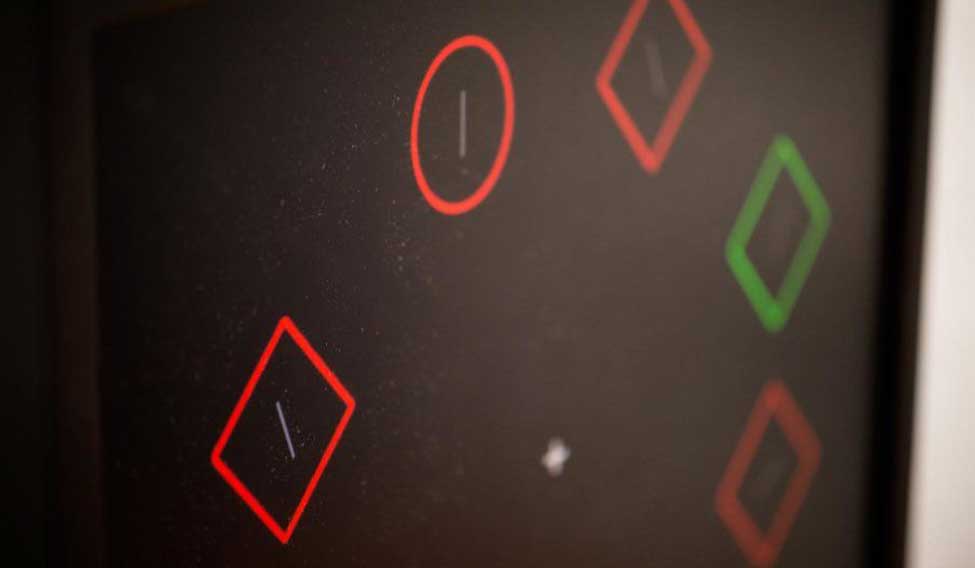To help people focus in an increasingly distracting world, a research team came up with a surprisingly simple game that starts by reducing anxiety.
Such brain-training games exist in abundance, although the US-based research team says no proof of their effectiveness exists.
Yet they managed to demonstrate that their own game, which involves identifying shapes, kept players focused and reduced their anxiety.
"Down the line we could roll out an online or mobile game based on this research that specifically targets distraction and helps people stay focused and feel less anxious," says lead author Jason Moser, an associate professor of clinical psychology at Michigan State University.
Springboarding on the idea that anxious individuals are easily distracted by objects that stand out from others like them, the research team's game almost ironically requires paying attention to such objects.
In the study, Moser and his team compared participating players of opposing anxiety levels as they performed a focus task.
Identifying a designated shape in a series of shapes that had one common aspect—such as colour, for example—seemed to increase their focus.
To test whether this was true, the research team tasked them with a distracting exercise in which shapes of different colors joined the sequence.
Players were not distracted by this exercise despite the fact that it was designed exactly for that purpose, according to Moser, who credits the focus task.
"There have been other studies of video game-type interventions for anxiety," says Moser, "but none have used a specific and simple game that targets distraction."
The study was published in the journal Behaviour Therapy.
While the game has yet to become available on the commercial market, anxious individuals are commonly advised to meditate.
Mounting evidence indicates the practice not only reduces anxiety, it sharpens the mind.
A 2013 study published in the journal Mindfulness involving students demonstrated that meditating before class leads to higher grades.
"I think that if mindfulness can improve mental clarity, focus and self-discipline, then it might be useful in a variety of settings and for a variety of goals," says study co-author Jared Ramsburg of George Mason University.






